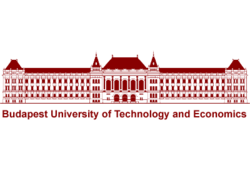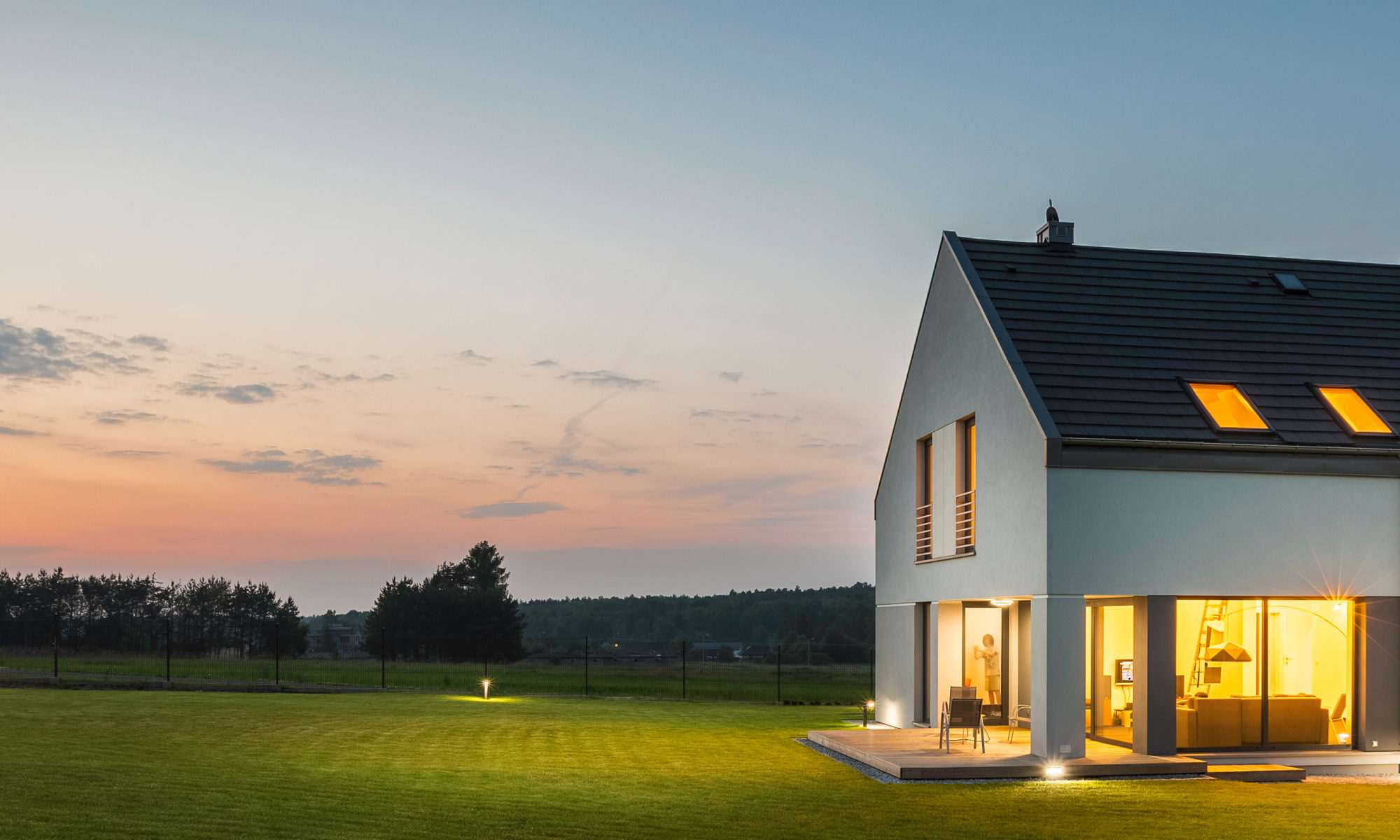

24.04. 2022 – 26.04. 2022
Budapest University of technology and Economics – Budapest, Hungary
The second meeting took place at the Budapest University of technology and Economics, Hungary.
Content of the meeting: presentation of participants’ contributions, discussion, tour of the university, agreement on further continuation of the project and the meeting. Presentation and dissemination of the project findings and project related studies to Hungarian audience (academic staff, university students, representatives of associations and experts). Introduction of involved universities and their portfolio to increase mutual mobility and cooperation.
The workshop: Academics and Students from BME. The representatives of the board of Hungarian Green Building Council and few professionals. Academics from BME are also involved uin the Chamber of Hungarian Architects, Hungarian Chamber of Engineers and Hungarian Academy of Sciences. Many NGO-s and associations were invited to participate (e.g. Mehi, Habitat for Humanity, etc) weren’t able to participate, but asked for the presentation slides.
The participants (excluding project team) 8 students, 3 PhD students, 8 Academics, and 5 representative of associations or an expert. Out of the participants, 10 people participated online and 14 personally.
Seminar on Adoption of V4 buildings to nZEB standard using natural and bio-based materials
26 April 2022, Budapest University of Technology and Economics, K. 1. 87.
Program:
09:00-09:10 Welcome (Salem Nehme, Head of Department of Construction Materials and Technologies & Balázs Nagy, Research Team Member of V4Buildings)
09:10-09:30 Piotr Kosiński (University of Warmia and Mazury in Olsztyn, Poland): Thermal properties of natural materials as loose-fill insulations
09:30-09:50 Lukáš Bosák (Slovak University of Technology in Bratislava, Slovakia) Biocomposite thermal insulations
09:50-10:10 Karel Struhala (Brno University of Technology, Czechia) Natural thermal insulations as replacement of EPS: Environmental benefits, availability and costs
10:10-10:30 Balázs Nagy (Budapest University of Technology and Economics, Hungary) Performance and technical value analysis of natural thermal insulations
10:30-11:00 Coffee Break
11:00-11:15 Dániel Csanády (Budapest University of Technology and Economics, Hungary) Fire resistant thermal insulation board made of wheat straw
11:15-11:30 Fanni Petresevics (Budapest University of Technology and Economics, Hungary)Ventilated façade cladding design according to the Hungarian nZEB regulation
11:30-11:45 Balázs Fürtön (Budapest University of Technology and Economics, Hungary)BIM-based hygrothermal performance evaluation of a nearly zero energy building
11:45-12:00 Dóra Szagri (Budapest University of Technology and Economics, Hungary)Energy performance monitoring and modelling of a refurbished double-skin flat roof with loose-filled recycled mineral wool
12:00-12:20 Zsuzsa Szalay (Budapest University of Technology and Economics, Hungary) Regulation of nearly zero energy buildings in Hungary
12:20-12:30 Closing
12:30-13:30 Lunch
Presentations (click to download):
- Karel Struhala – Environmental impacts of natural construction materials
- Balázs Nagy – Characterisation, application and technical value analysis of natural and recycled thermal insulations
- Piotr Kosiński – Thermal properties of natural materials as loose-fill insulations
- Lukáš Bosák – Development of a bio facade panel and its use for temporary constructions
- Piotr Kosiński – Regulations for building materials in Poland regarding natural based insulations

Adoption of v4 building stocks to nZEB standard using natural and bio-based materials Seminar on adoption of V4 building stocks to nZEB standard using natural and bio-based materials.
The project is co-financed by the Governments of Czechia, Hungary, Poland and Slovakia through Visegrad Grants from International Visegrad Fund. The mission of the fund is to advance ideas for sustainable regional cooperation in Central Europe. Visegrad Grant No. 22010231

